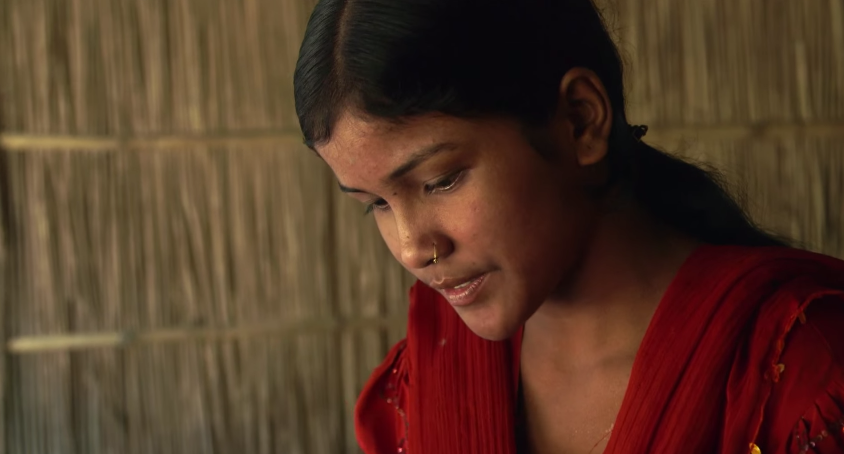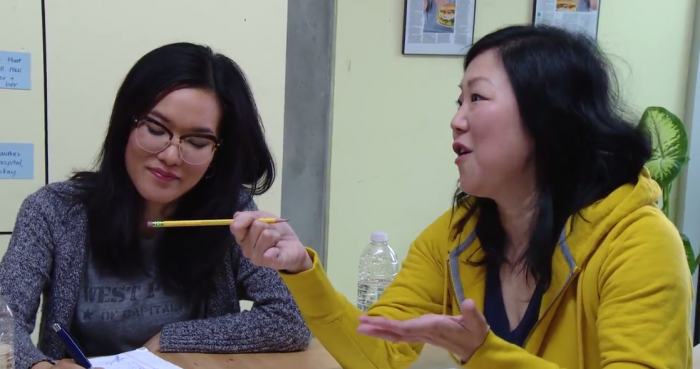Child marriages are more common in India than anywhere else in the world. Often, these young girls feel like their future is simply out of their control. This is especially the case for impoverished girls.
The official Landesa Rural Development Institute website points out:
In West Bengal and throughout other areas in India, girls are often perceived as burdens by their families because they are not seen as financial contributors and because their families must pay dowry to have them married. The cost of dowry can devastate a family financially, so many families do what they can to avoid paying a large dowry. In many cases, this means marrying a girl off so young, even at 12 or 14 years old.
These young girls are forced to leave their home and live with a stranger, making gender-based violence common in areas like West Bengal where more than half the marriages involve a minor girl. Furthermore, they are forced to give up their education and face very serious health problems during and after such early pregnancies.
But a Seattle-based non-profit is looking to change this. The Landesa Rural Development Institute is teaching girls in West Bengal all about their rights as women and their land rights through the Security for Girls Through Land Project.
According to Landesa, this progam includes groups that “meet regularly for interactive discussions and lessons designed to help girls understand land rights, the benefits of having control over and access to land, and the importance of equal inheritance rights for boys and girls. These groups also provide the girls with practical knowledge of how to access government institutions that can help them claim their inheritance and secure their land rights in the future.”
Most importantly, the program aims to have parents understand a very important lesson: Daughters are not burdens. They can help the family.
“Changing how people think can be slippery,” Melany Grout of Landesa told Oprah.com in 2013. “But I’ve seen parents go from claiming ‘My daughter is worthless’ to pledging to keep her in school.”
The project has already reached over 40,000 girls in over 1,000 villages. These girls are more likely to continue their education (many of the girls have used their new savings to return to school) and are less likely to become a child bride.
The initiative was featured in a 2014 Sundance Film Festival short documentary titled “After My Garden Grows” by Academy Award-winning filmmaker Megan Mylan. Check it out below.







